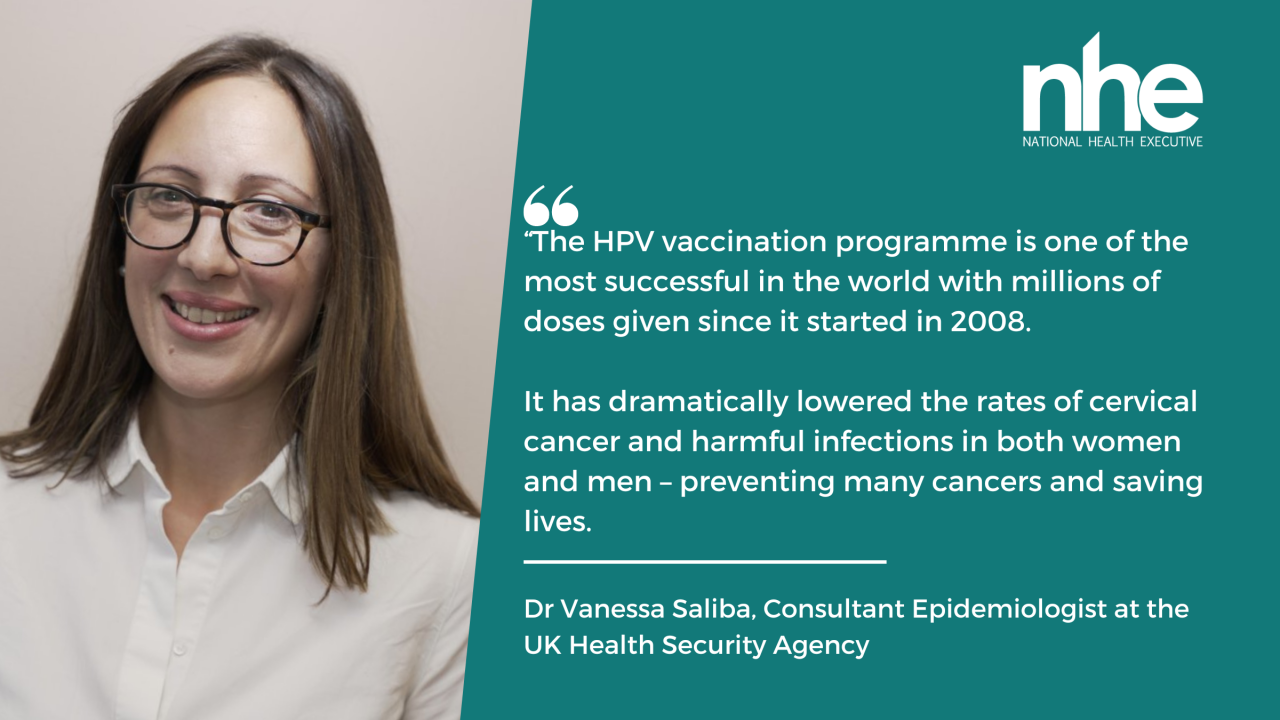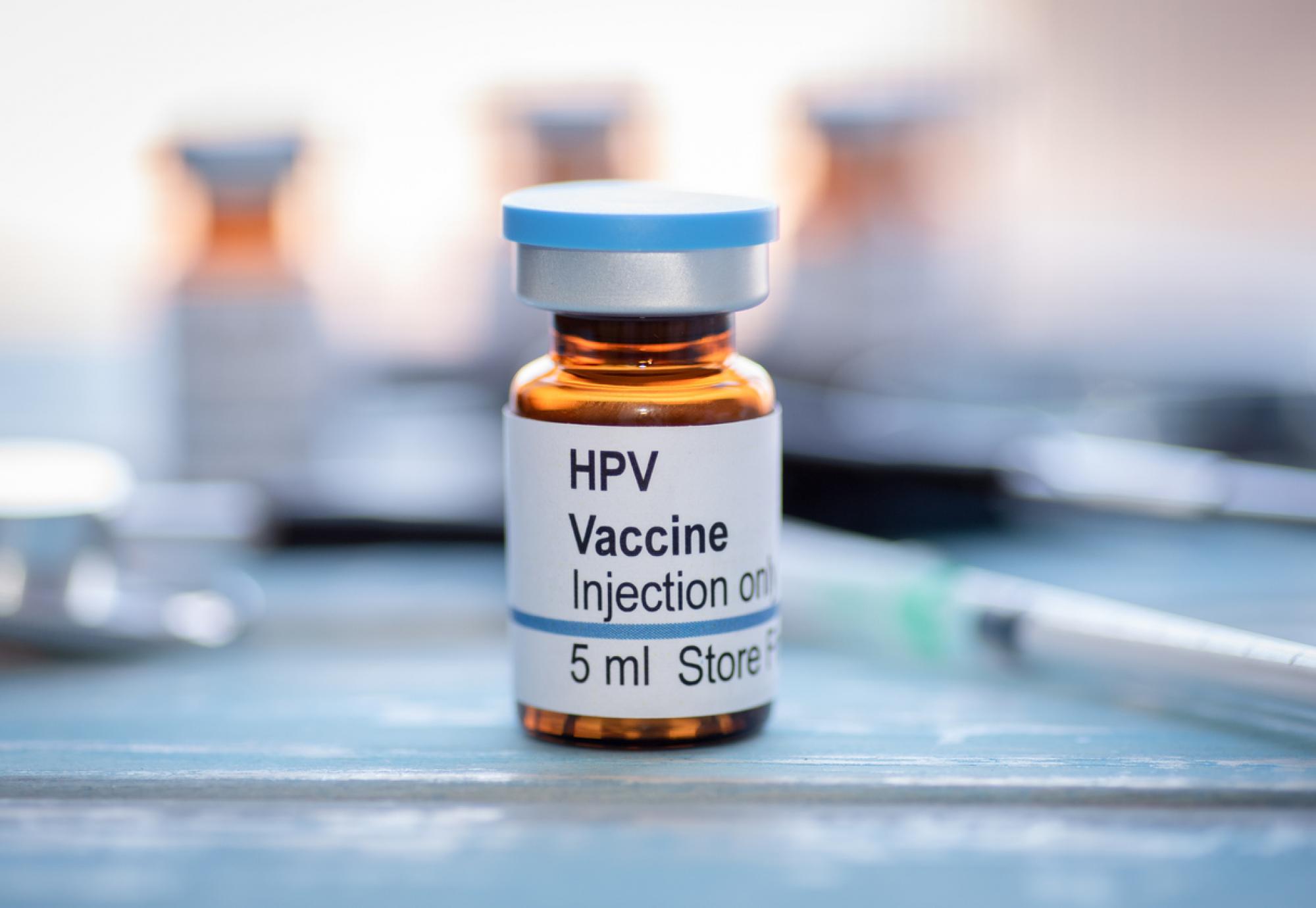The NHS is urging young people and parents of 12 and 13-year-olds to ensure they consent to the HPV vaccine, as new figures reveal worrying gaps in the programme's reach. The call comes as part of a renewed push to eliminate cervical cancer by 2040.
Recent statistics from the UK Health Security Agency (UKHSA )show that around one in six girls and one in five boys miss out on full HPV vaccination by the end of Year 10. While uptake among Year 8 students has seen a slight increase, figures fall in later years, raising concerns about missed opportunities for crucial protection.
The NHS programme now requires just one dose for most under-25s, offering convenient and effective protection against a range of cancers caused by the human papillomavirus (HPV).
"The HPV vaccination programme already saves thousands of lives," says Steve Russell, national director for vaccinations and screening at NHS England. "But by increasing uptake in young people alongside boosting cervical screening, we hope to eliminate cervical cancer by 2040."

He urges parents to check their child's vaccination status and consent to the jab if needed. "With just one dose offering full protection, there's no reason to delay," he emphasises. "Vaccination saves lives."
The NHS is also urging women to attend their routine cervical screening appointments. Currently, a third of women skip this vital check, which uses a highly effective test to detect HPV and prevent cancer development.
Dr Vanessa Saliba, consultant Epidemiologist at the UKHSA, said: “The HPV vaccination programme is one of the most successful in the world with millions of doses given since it started in 2008. It has dramatically lowered the rates of cervical cancer and harmful infections in both women and men – preventing many cancers and saving lives.
Alongside its vaccination drive, the NHS is exploring innovative solutions like self-sampling trials to increase screening participation as it aims to achieve the World Health Organisation's target of less than four cervical cancer cases per 100,000 women, effectively eliminating it as a public health problem.
Photo Credit: iStock


















